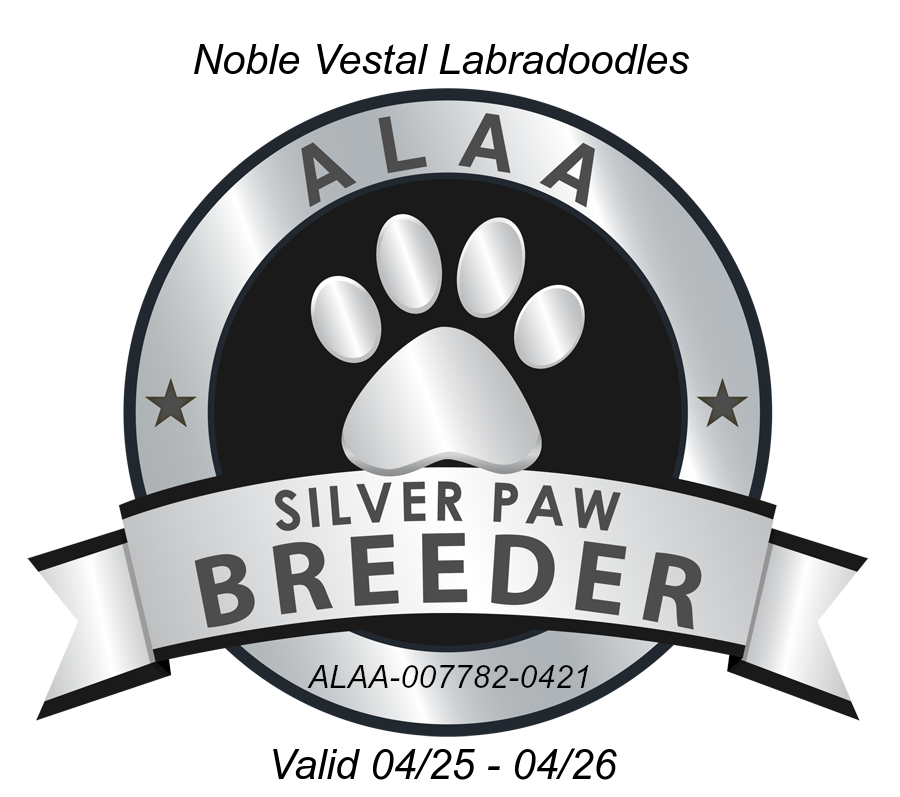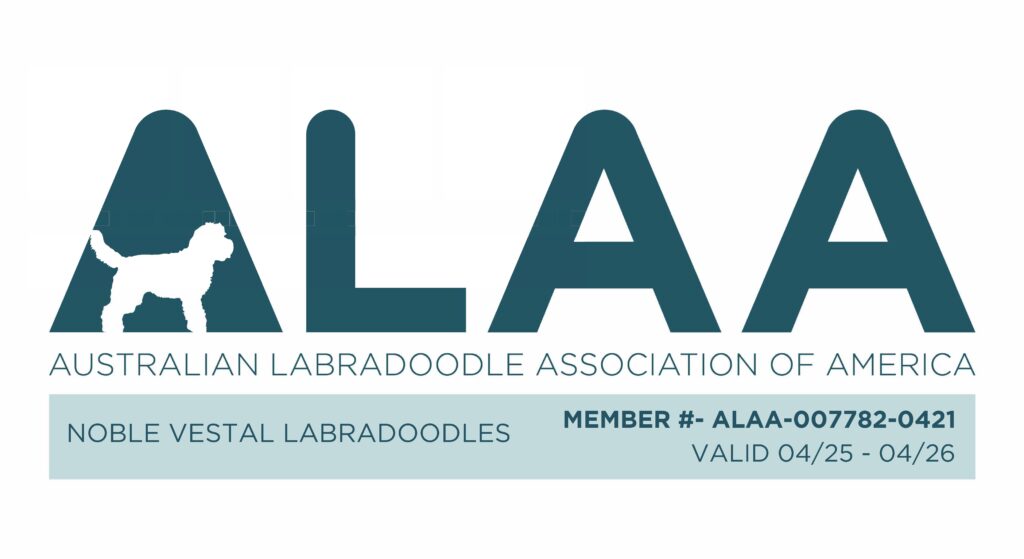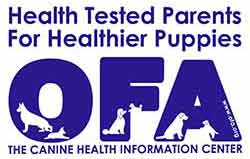
Typical Allergy Types:
 How Do I Know If My Pet Has Allergies?
How Do I Know If My Pet Has Allergies?
1. Food Allergies
Food allergies are not as common in pets as many pet parents may think. In fact, research estimates that approximately 0.2% of dogs and 0.1% of cats* suffer from true food allergies. What you’ll see is “generalized itching” all over their body. Pets may actually have a hypersensitivity to a particular ingredient like:
|
|
Your fur baby can become allergic or hypersensitive to an ingredient they’ve eaten in the past (that’s common). If you notice any allergy symptoms with your fur baby, allergy testing may be necessary. There are a few trusted at home test kits that are accurate.
2. Seasonal Allergies:
These are allergies to something in their environment — things they breathe in, like pollen and dust, or things their skin is exposed to, like grass and weeds. About 10-15% of dogs and cats have seasonal allergies.
With seasonal allergies, your pet will itch and scratch excessively. You may notice your pet chewing and licking their paws, rubbing their face on the carpet or furniture, or biting at the fur and skin on their tummy, groin or armpit areas. They may even develop red, raw spots called “hot spots,” where hair used to be.
Identifying an environmental allergen is a challenge. As with suspected food allergies, a trip to your veterinarian is recommended for an assessment. Environmental allergy testing is much more reliable than food allergy testing. Your vet may recommend allergy shots, and even steroid shots, based on your pet’s condition to give them some immediate relief.

3. Flea Allergies:
Pet allergies to flea bites are quite common, with a 12.5% increase in dogs and a 67.3%* increase in cats with this type of allergy. The sensitivity is actually to the flea saliva that’s injected into their skin when bitten that causes the itching. You may be able to see the actual fleas on your pet. Common areas to look at their ears, neck, armpits, groin area and the base of their tail. However, you may never actually see an active flea on them at all. What you may see are black specs (looks like pepper), known as flea “dirt” (excrement) on your pet’s skin or fur.
Pet allergies to flea bites mostly result in lots of itching, scratching, hair loss, skin inflammation and excoriation. Flea allergies in dogs may cause them to chew, bite and excessively lick their skin. Hot spots and skin infections may also result, making your poor little cuddle buddy miserable.
If you discover your fur baby is struggling with a flea problem, don’t fret. Fleas happen … It's no reflection on how clean you keep your home, or how well you care for your pets. Tackle the problem by bathing your pet thoroughly and treating them with a natural flea & tick solution — which also kills and repels mosquitoes. Wash their bed, blankets and toys; Vacuum your home — carpets, rugs and cushions; Clean all areas your pet has been. Then, it’s important to get the contents of the vacuum bag or canister out of your home ASAP to ensure all fleas are gone.
 What Should I Do If My Pet Has Allergies?
What Should I Do If My Pet Has Allergies?
Reducing excess phlegm, stopping the itch, and healing a ravaged skin and coat are important steps in helping your fur baby overcome allergy symptoms. We have the most comprehensive allergy solution with an herbal supplement that contains natural ingredients to help balance excesses and deficiencies in your pet’s body, and reduce heat in their skin, while draining phlegm.
To naturally support a healthy skin and coat, supplement with high-quality wild alaskan salmon & pollock oilthat you can add to your pet’s daily food. Salmon oil provides the preferred ratio of Omega-3 and Omega-6 fatty acids (13:1) to support a healthy skin and coat. This nutrient-rich fish oil helps skin heal, promotes a shiny, soft coat, and prevents excessive shedding. The bonus is that both dogs and cats love the taste!
For a quick topical treatment of hot spots and skin irritation due to seasonal allergies, try a skin support plus solution . A soothing, alcohol-free skin care formula, it contains aloe vera and chamomile for natural relief. It won’t sting sensitive skin or affect topical flea control products, so it’s great for treating flea allergies, too.
To address itchy, red, swollen ears due to allergic reactions, use Ear Wash & Ear Dry. This combination of natural ear care solutions gently and effectively controls odor, itching and redness caused by allergies while helping to dry up oozing and/or greasiness.
Whatever is causing the itch, the main thing is to keep your pet comfortable and stop the itch-scratch cycle, so they don’t cause further infection. There are plenty of remedies available to help you and your fur babies. Just understand that it’s not normal for your pet to scratch excessively — something’s bothering them. When in doubt, check it out!
Make sure you check out all of our all-natural allergy solutions!
Source: AVMA.ORG












